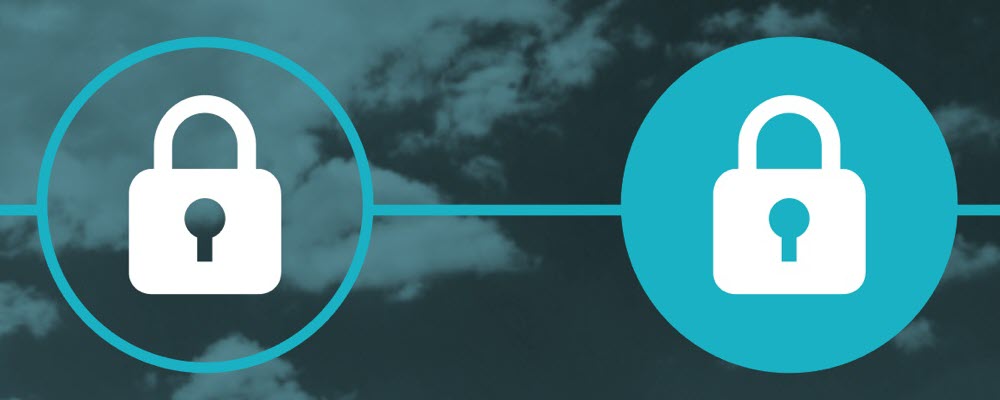A business continuity policy should be part of your company’s operational setup. Up to 25% of businesses fail to recover from disasters. It can be incredibly difficult for a small business to return to normalcy after an interruption. An insurance policy and emergency funds can only help you to an extent. Nonetheless, having a business continuity policy as a component of your SOC 2 preparation will help you recover within the shortest time possible.
What is Business Continuity?
A company that has a business continuity plan in place can continue operating even when an unplanned event occurs. Business continuity planning entails implementing disaster prevention and recovery strategies. A good business continuity plan should:
- Outline potential risks
- Establish how the risks affect your daily operations
- Implement policies and safeguards for mitigating the defined risks
- Review your cyber security policy periodically so that necessary updates are made
How Does SOC 2 Ensure Business Continuity?
Cyber-security incidents lead to business disruptions. As an auditing procedure, SOC is meant to ensure secure data management. It seeks to protect your company and its clients by ensuring enabling you to avoid reputational hits and potential breaches. SOC 2 evaluates five trust criteria, which are:
- Security — Is your network adequately secure from unauthorized access?
- Processing Integrity — does your network attain its purpose with accurate, timely, authorized, and complete processing?
- Availability— Is the network available to clients as agreed?
- Privacy— Is the network’s collection, retention, use, disclosure, and retention of private data consistent with AICPA’s generally accepted privacy principles?
- Confidentiality— Is confidential information adequately protected?
SOC 2 is unique because you can customize it to address your organization’s specific situation. It doesn’t come with pre-defined controls, and therefore, every organization can define and customize its controls and processes based on the auditing procedure’s guiding principles. Your organization can specifically determine what matters the most.
When your organization attains SOC 2 compliance status, it means that you’re fulfilling your responsibility to protect data. For instance, banks are mandated to safeguard the personal identification data of their clients, including social security numbers. Without complying with the controls that are designed to keep such data private, there could be reputational and financial losses.
SOC 2 compliance provides the foundation for data protection. Breaches that occur in organizations that are SOC-compliant are less severe than those that occur at non-compliant organizations. Therefore, a compliant organization is likely to experience fewer disruptions in case of a breach, compared to a non-compliant organization. Furthermore, non-compliance penalties tend to be hefty and can cripple your organization, especially when they get imposed after a security incident.
SOC 2 can be an effective weapon for maintaining privacy and security since it has provisions for ongoing evaluations. Your organization needs to maintain consistency with relevant procedures, besides demonstrating that it’s meeting all the requisite standards. This is the only way of maintaining your SOC 2 certification.
Ensuring Business Continuity After a Cyber Attack
Being SOC compliant will give you a head start as you look to resuscitate your business following a cyber-attack. Often, data breaches trigger fines, reputational damage, loss of customers, a deflation of stock prices, and so much more.
SOC compliance can go a long way in mitigating some of these losses. A compliant business is more likely to respond to a breach quickly, thus limiting its impact. Here’s how SOC 2 compliance can help you respond to a breach and recover from it within a short time.
You Will Act Quickly
Data breaches require an immediate response. This will assure your customers that their data is safe. In the aftermath of a data breach, you need your clients more than ever to ensure business continuity. However, if they don’t trust you anymore, they won’t do any business with you. Being SOC 2-compliant shows them that you are in control of the situation and that their data is safe. The same cannot be said of a non-compliant organization.
Compliance Ensures Openness and Honesty
Data breaches are never ideal, but in case your organization suffers one, it’s essential to inform stakeholders as soon as possible. A SOC-compliant firm is likely to have a crisis communication plan in place. Important stakeholders won’t be forgotten in the heat of the moment. Consequently, there will be minimal business disruption when breaches occur.
Helps You to Figure Out What Happened
After a data breach, many questions are often asked. These pertain to how the breach occurred, who caused it, and so on. SOC 2 defines the criteria for managing your customer data, and therefore, being compliant can help you to establish the cause of the breach. When this is done early, you will recover quickly and resume normal operations.
Key Takeaway
No one wishes to run a business that closes shop after a major cyber security incident. Therefore, it’s crucial to incorporate a business continuity plan in your cyber-security strategy, and when undertaking SOC 2 compliance audits.
